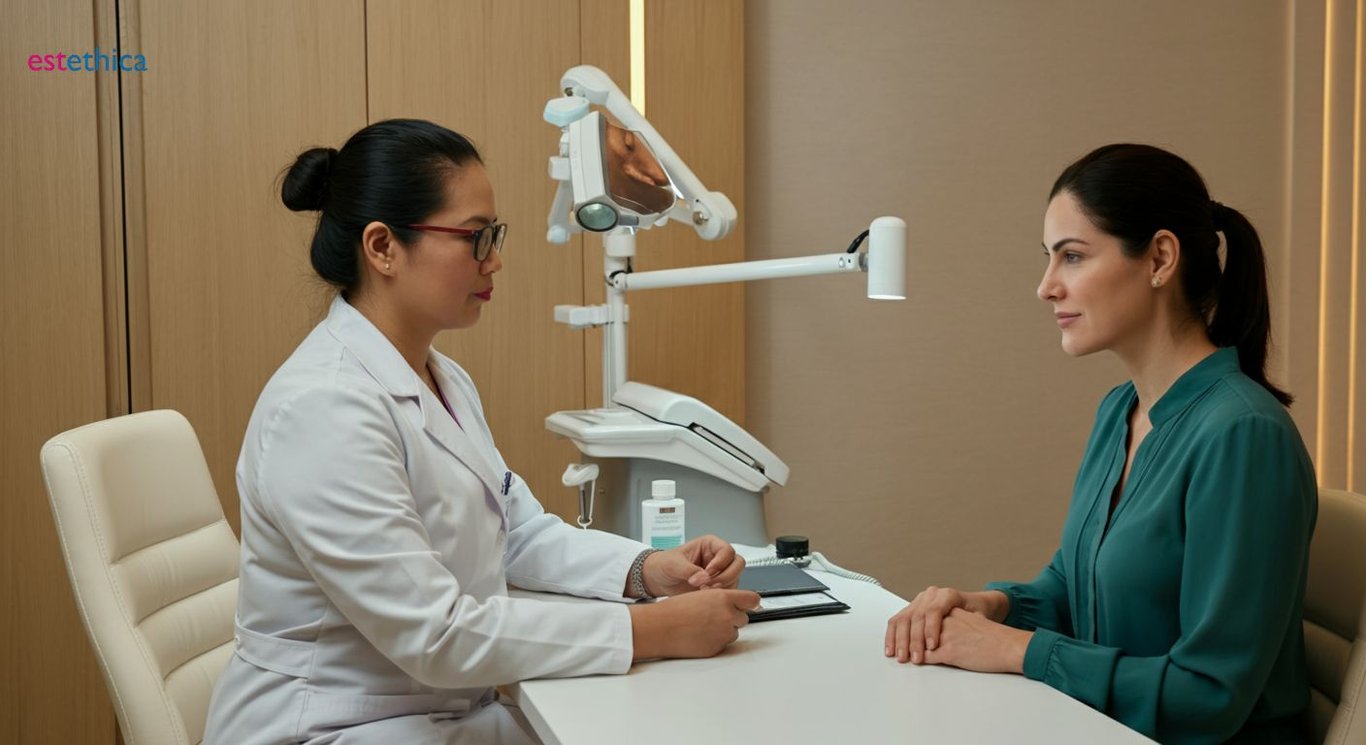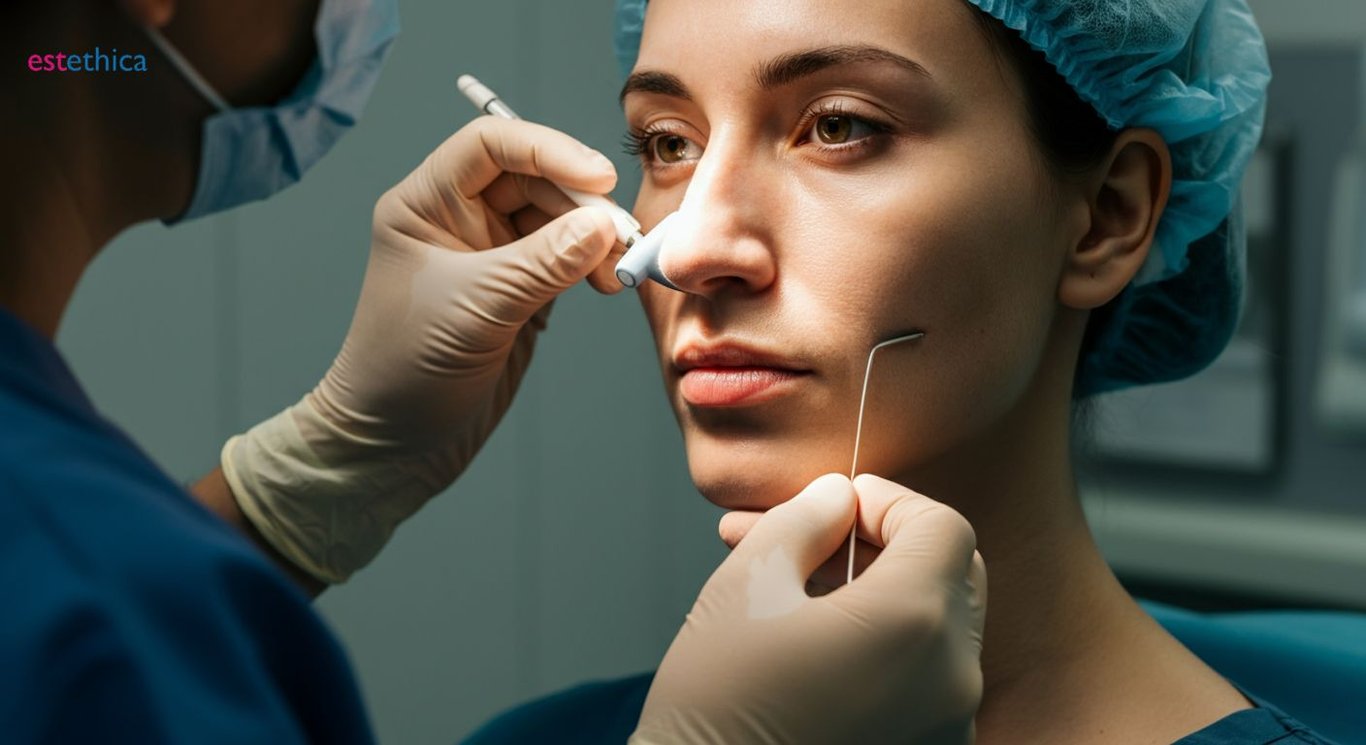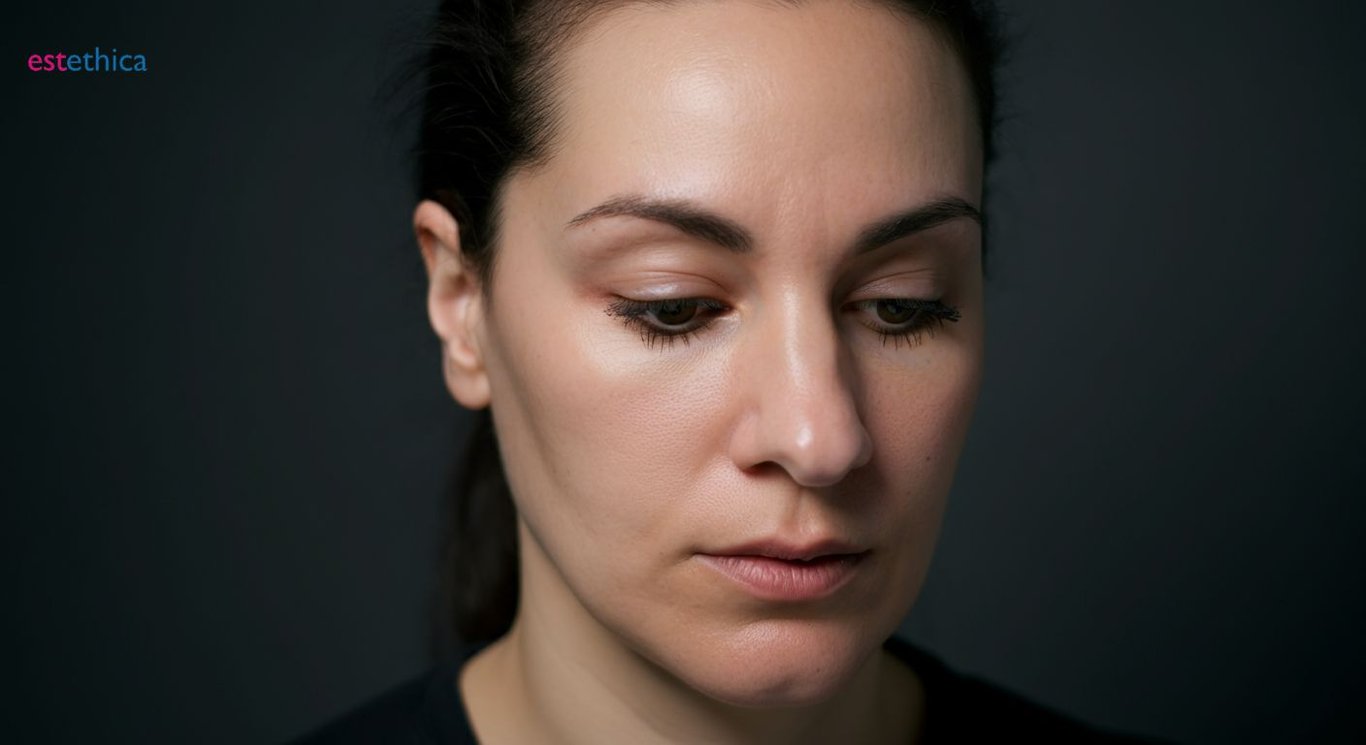Mastering Nose Aesthetics: Your Guide to Rhinoplasty Success
Your journey to achieving the perfect nose begins here with our comprehensive rhinoplasty guide.
Rhinoplasty, often referred to as a "nose job," is a popular cosmetic procedure designed to enhance both the function and appearance of your nose. As one of the most intricate forms of facial plastic surgery, mastering the art of nose aesthetics requires not only understanding the medical processes involved but also appreciating the cultural and personal facets that influence this choice. This guide will navigate through the essentials of rhinoplasty, exploring everything from the basics of nose aesthetics to advanced recovery tips.
Understanding the Basics of Nose Aesthetics
The Role of Rhinoplasty in Nose Aesthetics
Nose aesthetics play a crucial role in enhancing facial harmony and boosting self-confidence. Rhinoplasty, a popular cosmetic procedure, addresses various nasal concerns such as asymmetry, bumps, and structural irregularities. This surgical method not only improves the nose's appearance but also enhances breathing functionality. For instance, a patient with a deviated septum can benefit from rhinoplasty, which corrects the septum and improves airflow. Additionally, individuals seeking a more refined nasal tip or a smoother nasal bridge often turn to rhinoplasty for effective results.
Key Considerations for Rhinoplasty
- Choosing a qualified surgeon ensures optimal results and minimizes risks.
- Understanding the recovery process helps in setting realistic expectations.
- Considering cultural and personal preferences is essential for satisfaction.
These factors play a significant role in achieving the desired outcome and ensuring a positive experience with rhinoplasty.
Steps in the Rhinoplasty Process
- Consultation: Discuss goals and assess nasal structure with a surgeon.
- Procedure: Undergo surgery to reshape and correct nasal features.
- Recovery: Follow post-operative care instructions for optimal healing.
Each step is crucial in ensuring the success of the rhinoplasty and achieving the desired aesthetic results.

What to Expect During Your Rhinoplasty Journey
Understanding Rhinoplasty Techniques
Rhinoplasty involves various techniques tailored to address specific nasal concerns. The choice between open and closed methods depends on the complexity of the surgery. Open rhinoplasty provides better visibility for intricate adjustments, while closed rhinoplasty offers a quicker recovery due to minimal incisions. For example, a patient with significant nasal asymmetry might benefit from the open approach for precise correction. Conversely, someone seeking minor adjustments might opt for the closed method to reduce downtime.
Preoperative Planning and Expectations
- Discussing aesthetic goals with your surgeon ensures alignment on desired outcomes.
- Addressing functional issues, such as breathing difficulties, is crucial for comprehensive results.
- Understanding potential risks and complications helps in making informed decisions.
These discussions are vital for setting realistic expectations and achieving satisfactory results.
- Initial Consultation: Evaluate nasal structure and discuss goals with the surgeon.
- Technique Selection: Choose between open or closed rhinoplasty based on needs.
- Preoperative Preparation: Plan for surgery and recovery, addressing any concerns.
Each phase is essential for a successful rhinoplasty journey, ensuring both aesthetic and functional improvements.

Essential Recovery Tips for Nose Surgery
Effective Post-Surgery Practices
Post-surgery recovery for nose surgery, such as rhinoplasty, is a critical phase that influences the final outcome. Patients should prioritize rest and keep their heads elevated to minimize swelling and discomfort. This simple practice can significantly enhance the healing process by reducing fluid accumulation around the surgical site.
Key Recovery Strategies
- Adhering to prescribed medication schedules helps manage pain and prevent infection.
- Avoiding strenuous activities reduces the risk of complications and supports recovery.
- Maintaining a balanced diet rich in vitamins and proteins aids tissue repair.
These strategies are essential for a smooth recovery, ensuring both aesthetic and functional improvements.
- Initial Rest: Prioritize rest with head elevation to minimize swelling.
- Medication Compliance: Follow prescriptions to manage pain and prevent infections.
- Gradual Activity: Slowly reintroduce physical activities to avoid strain.
Following these steps can lead to a successful recovery, enhancing the overall results of the nose surgery.

Exploring Non-Surgical Options for Nose Enhancement
Advantages of Non-Surgical Nose Enhancements
Non-surgical nose enhancements, such as fillers, offer a flexible alternative for those not ready for surgery. These procedures are minimally invasive, providing subtle changes without the need for extensive recovery. For instance, fillers can smooth out minor bumps or enhance the nasal tip, offering a quick aesthetic improvement. Additionally, these treatments are reversible, allowing clients to experiment with different looks without long-term commitment.
Popular Non-Surgical Techniques
- Dermal fillers can adjust nasal contours and correct asymmetries.
- Thread lifts provide structural support and lift to the nose.
- Botox can refine the nasal tip and reduce nostril flare.
These techniques offer diverse options for enhancing nose aesthetics without surgery.
- Consultation: Discuss goals and assess suitability for non-surgical options.
- Treatment: Undergo the chosen procedure with minimal discomfort.
- Follow-up: Schedule maintenance appointments to sustain results.
Following these steps ensures clients achieve and maintain their desired nose aesthetics effectively.
Mastering Rhinoplasty Techniques for Optimal Aesthetic and Functional Outcomes
Ensuring Successful Recovery with Expert Guidance
Frequently Asked Questions
What is nose aesthetics and how does it relate to rhinoplasty?
What should I expect during the rhinoplasty process?
What are the essential recovery tips for nose surgery?
Are there non-surgical options for nose enhancement?
Is nose surgery safe and what are the potential risks?
Discover the path to 'Healthy Beauty' with estethica's expert care. Call now for your free consultation and take the first step towards a more confident you!
📞 Call for Your Free Consultation